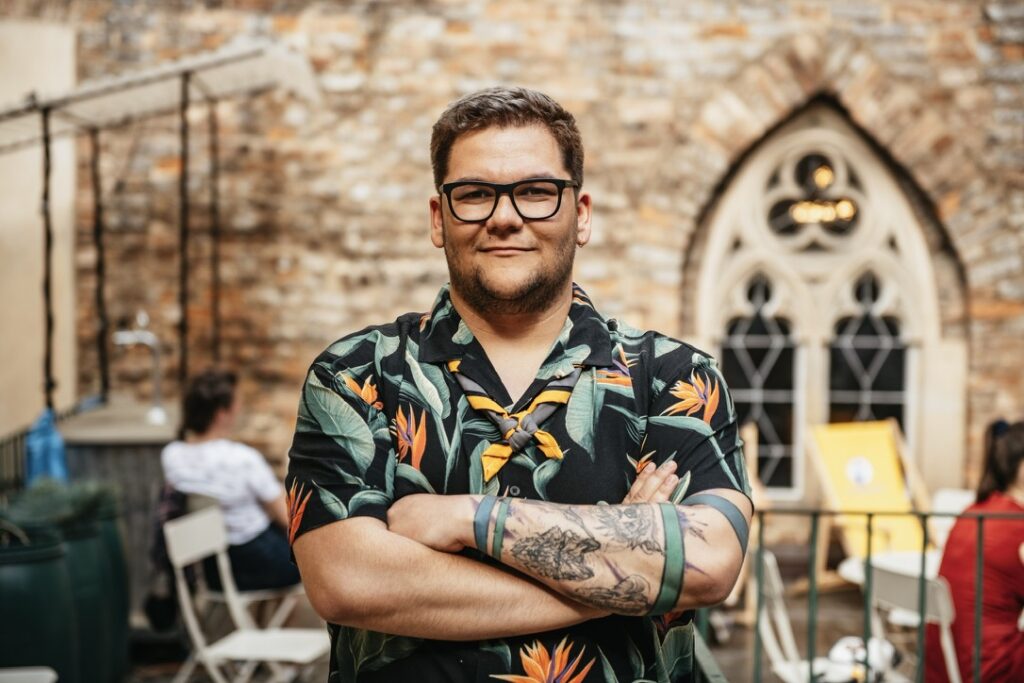Na okraj společnosti a zase zpět!
Na okraj společnosti a zase zpět je kurz zaměřen na cílové skupiny, které se nejčastěji pohybují na okraji společnosti. V každém bloku se dotkneme jedné cílové skupiny a budeme se snažit nalézt odpověď na nejpalčivější otázky dané skupiny. V případě zájmu se můžeme dotknout i jiných cílových skupiny či naopak se více zaměřit na vedení advokační kampaně.
1. Lidé se zkušeností s bezdomovectvím aneb proč potkáváme „bezďáky v ulicích?
2. Romové aneb proč není cigán jako cikán?
3. Obchod s bílým masem aneb moderní otroctví?
4. Váleční uprchlíci aneb z války rovnou do chudoby?
Poslední blok strávíme výběrem jednoho tématu a nastínění si advokační kampaně, která by mohla pomoci v řešení dané problematiky. Představíme si, co je to advokační kampaň, k čemu je dobrá, jak jí plánovat a jak si jí připravit a jak jí realizovat.

Dominik Ertner
Turnus E
AI a částicová fyzika
Oliver Matonoha
Ako naplánovať moderné mesto
Soňa Ondrejčáková
Arabský Blízký východ
Adéla Provazníková
Ekonomické a psychologické experimenty
Matej Lorko
Ekonomie pro 21. století
Kristina Zindulková
Hudba: od vedy po participatívny proces
Laura Prachárová
Imaginace lepší budoucnosti
Žofie Hobzíková
Klimatická krize a právo
David Chytil
Medicínská věda 21. století
Václav Melenovský
Na okraj společnosti a zase zpět!
Dominik Ertner
Nacionalismus hodný, zlý a ošklivý
Hubert Otevřel
Spánek
Anežka Zemanová
Technologie a lidstvo
Jakub Křikava

